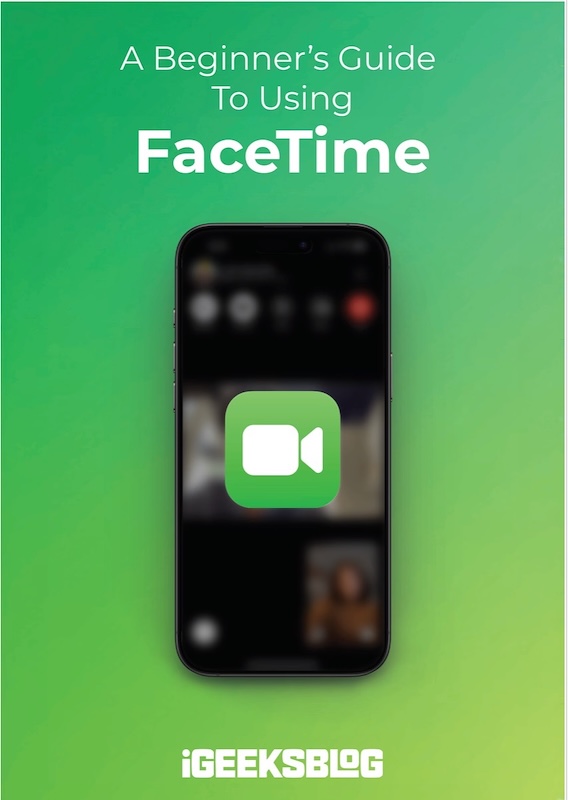
FaceTime Like a Pro
Get our exclusive Ultimate FaceTime Guide 📚 — absolutely FREE when you sign up for our newsletter below.

FaceTime Like a Pro
Get our exclusive Ultimate FaceTime Guide 📚 — absolutely FREE when you sign up for our newsletter below.
A U.S. judge ruled Google can keep its $20B search deal with Apple, but banned exclusivity. The companies must renegotiate terms annually under antitrust rules.
Apple’s multi‑billion‑dollar deal with Google to keep its search engine as the default on Safari has survived a major antitrust ruling in the U.S. After months of speculation that the agreement might be banned outright, Judge Amit Mehta’s decision left Apple’s revenue stream largely untouched, while still imposing new restrictions on Google’s practices.
The Justice Department had argued Google’s payments to Apple, worth more than $20 billion a year, were illegal efforts to maintain a monopoly in search. Last year, Mehta agreed that Google was a monopolist, but this week’s remedies ruling took a different approach. Instead of banning payments, Mehta said Google can keep paying Apple to be the default search option, as long as those deals aren’t exclusive.
That single word: exclusive, was key. Apple can still collect billions each year, but Google can’t stop Apple from offering rival engines like DuckDuckGo or even generative AI options in the future. Payments for default placement are allowed, but only on a one‑year basis, giving competitors an annual shot at winning the slot.
The ruling sets limits:
Judge Mehta acknowledged that the rise of generative AI reshaped the case. With tools like OpenAI’s ChatGPT offering an alternative to traditional search, the court suggested Google’s dominance isn’t as secure as it once was. “Here the court is asked to gaze into a crystal ball and look to the future. Not exactly a judge’s forte,” Mehta wrote, pointing to AI as a new source of competition.
Investors cheered the ruling. Alphabet shares jumped more than 7%, while Apple rose about 3% in after‑hours trading. The outcome is a clear relief for Apple, which avoids losing a key piece of its services revenue, and for Google, which keeps its most important distribution deal intact.
Still, the Justice Department could appeal, and the case is widely expected to end up before the Supreme Court. Google has already said it plans to challenge parts of the ruling.